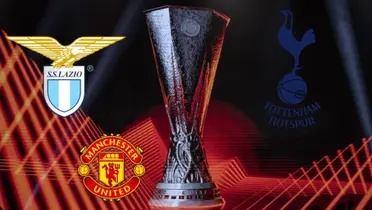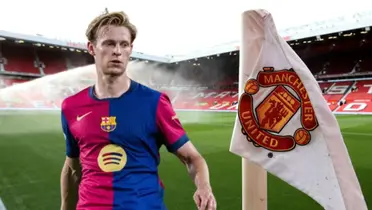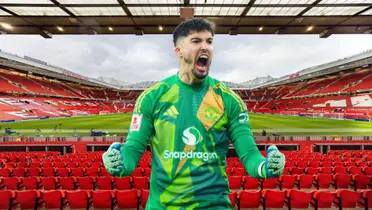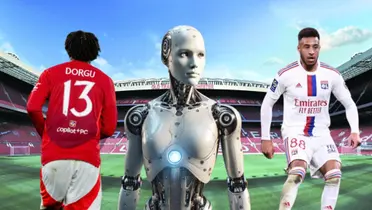How has training changed at Manchester United from Busby to Amorim?
The evolution of training at Manchester United: From Busby to Amorim
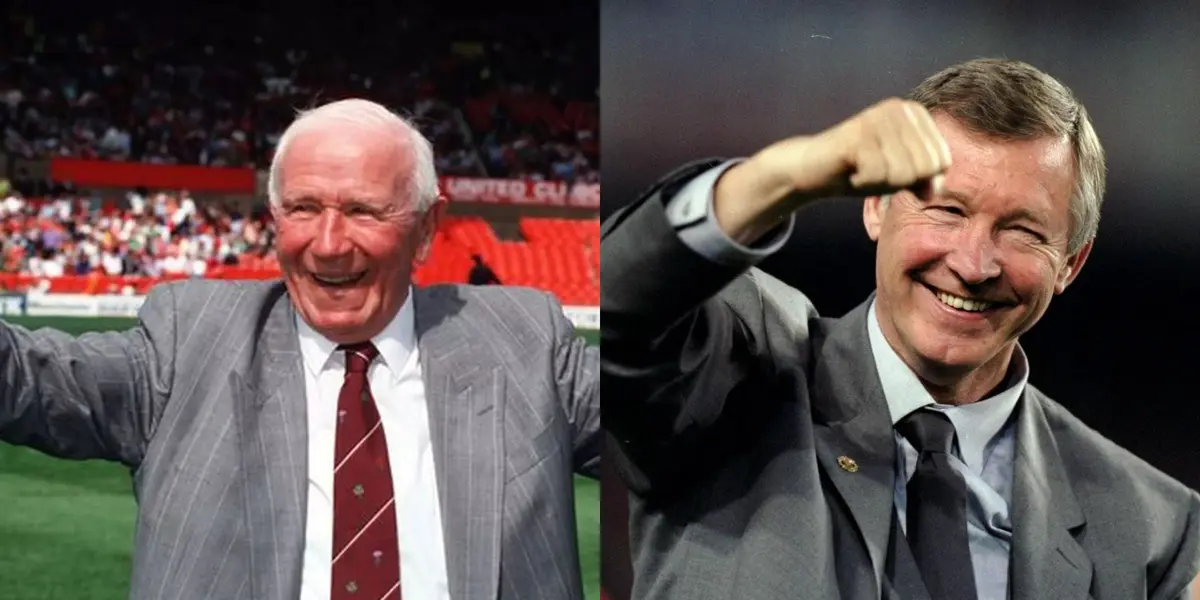
In the world of football, few clubs boast a history as rich and a tradition as deeply rooted as Manchester United. Over the decades, the club has witnessed significant changes in training methodologies, from the foundations laid by the legendary Sir Matt Busby to the innovations implemented by more recent coaches like Ruben Amorim.
In this article, we will thoroughly explore the evolution of training at Manchester United, analyzing how each era has left its mark on the club and how these transformations have influenced player performance and team success.
The origins: Sir Matt Busby's philosophy ️
Sir Matt Busby's training philosophy was centered on teamwork, discipline, and the development of young talent. Busby believed in the importance of building a solid team from the ground up, investing in the formation of players from the lower categories. His approach was not only limited to the physical aspect, but also encompassed the development of technical and tactical skills.
Busby was a pioneer in the adaptation of new training and physical preparation methods. In an era when professional football was still recovering from the aftermath of World War II, Busby was able to implement innovative techniques that allowed his players to reach their full potential.
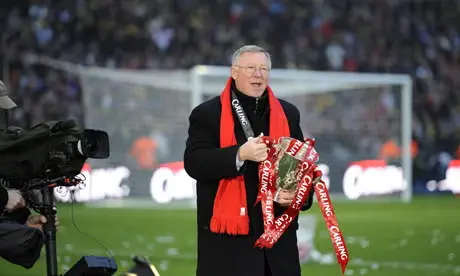
The Ferguson era: The training revolution
The arrival of Sir Alex Ferguson at Manchester United marked a new era in the club's training methodology. Ferguson was a visionary who understood the importance of integrating science and technology into football. During his tenure, new training methods were introduced and invested in cutting-edge equipment to improve the physical preparation of the players.
Ferguson was also a staunch advocate of individualized physical preparation. He recognized that each player has unique needs and characteristics, so he adapted the training to meet them. In addition, Ferguson greatly valued the role of his technical assistants, who played a fundamental role in the design and implementation of training programs.
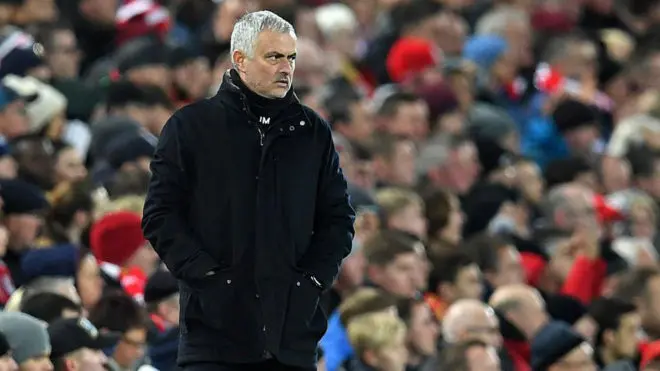
The transition coaches: A mosaic of styles
After Ferguson's retirement, Manchester United experienced a period of transition in which several coaches took over the team. Each of them brought their own style and approach to training, leaving their mark on the club.
David Moyes tried to find a balance between tradition and modernity, while Louis van Gaal implemented the philosophy of Dutch football, based on ball possession. José Mourinho, for his part, was characterized by his focus on tactics and defensive rigor.
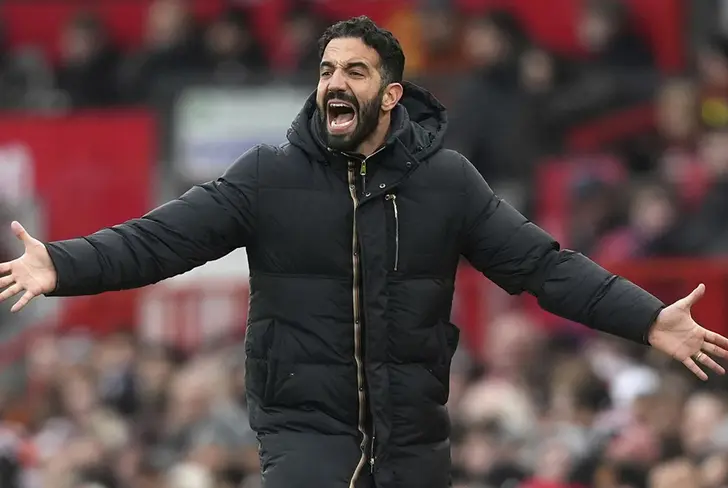
The arrival of Amorim: A return to the roots
The arrival of Ruben Amorim at Manchester United has meant a return to the roots of the club. Amorim has recovered the spirit of Busby, promoting the identity of the club and the values that have characterized it throughout its history.
Amorim has also shown great confidence in young people, betting on the emerging talent of the youth academy. His style of play is characterized by being offensive and dynamic, prioritizing attack and speed in the game.
The impact on sports performance
The evolution of the training methodology at Manchester United has had a direct impact on the team's sports performance. Each coach has left their own mark on the club, achieving different levels of success depending on their approach and methods.
It is important to emphasize that the evolution of training is not only reflected in titles and sporting achievements, but also in the development of players. Over the decades, Manchester United has been a breeding ground for talent, training world-class footballers who have left their mark on international football.
The future of Manchester United:
Manchester United is at a crucial moment in its history. After the Ferguson era, the club has sought to regain its identity and return to the path of success. The arrival of Amorim has generated great excitement among the team's followers, who are confident that the Portuguese coach can return the club to the top of English and European football.
The evolution of the training methodology at Manchester United is a reflection of the history of modern football. From the foundations laid by Busby to the innovations implemented by Amorim, the club has witnessed significant changes that have influenced the performance of the players and the success of the team.
In the future, Manchester United will continue to adapt to the new challenges and trends of football, but always maintaining its identity and values. The evolution of training will be a key factor for the club to achieve its goals and continue to reap success in the sports field.
What you should know about the evolution of training at Manchester United
- Sir Matt Busby laid the foundations of a training philosophy based on teamwork, discipline and the development of young talent.
- Sir Alex Ferguson revolutionized training at the club, introducing science and technology into football.
- The transition coaches, such as Moyes, Van Gaal and Mourinho, brought different styles and approaches to training.
- Ruben Amorim has recovered the spirit of Busby and has bet on the talent of the youth academy.
- The evolution of training has had a direct impact on the sporting performance of Manchester United.
More news
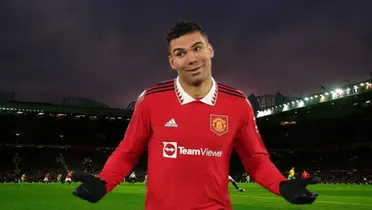
The Numbers Don't Lie: Casemiro's Dominance Returns
31/03/2025
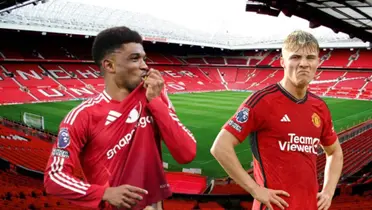
United's Dream Pairing: The Duo Fans Are Eager to See
31/03/2025
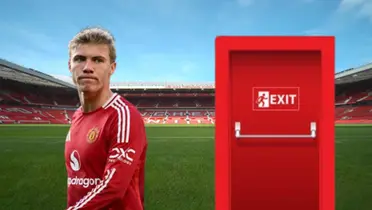
Hojlund's Fate: Will He Stay or Leave Man United?
31/03/2025
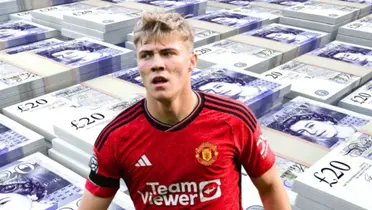
Højlund's Plummeting Value: A Cause for Concern at Man United
31/03/2025
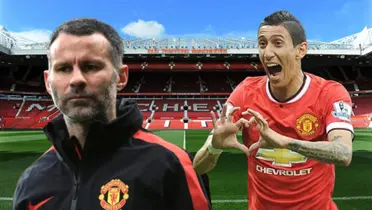
Giggs' Misjudgement: Depay's Free-Kick Hopes Fall Flat
31/03/2025
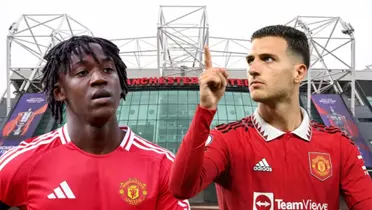
Man United's Summer Clearout: Players on the Chopping Block
31/03/2025
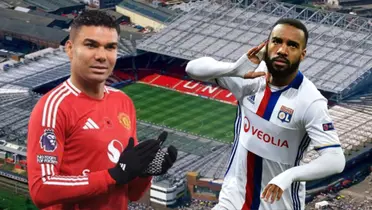
Financial Divide: Man United's Value Dwarfs Olympique Lyon's Squad Cost
30/03/2025
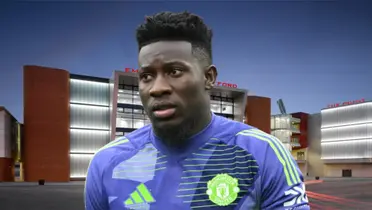
Onana Exit Rumors Swirl: How the Goalkeeper Is Responding
30/03/2025
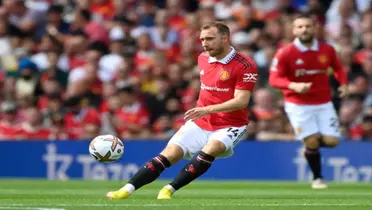
Eriksen breaks the silence about the rumors of not renewing
30/03/2025
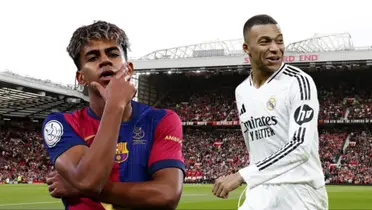
World-Class Player Available: Romano Reveals Transfer Bombshell
30/03/2025
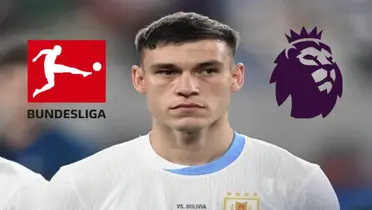
Ugarte's Premier League Insight: Key Differences From Ligue 1 Revealed
30/03/2025
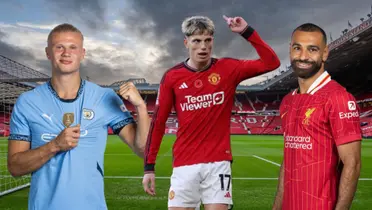
Garnacho Outshines Salah and Haaland: A Stunning Statistical Triumph
29/03/2025
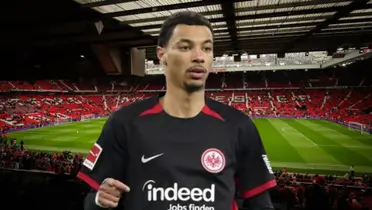
Ekitike's Staggering Stats: Why Man United Are Keen
29/03/2025
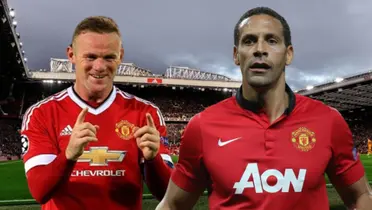
Beyond Legends: The United Player Who Rewrote Investment History
29/03/2025
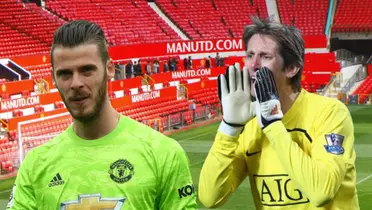
Manchester's Goalkeeping Giants: Who Reigns Supreme?
29/03/2025
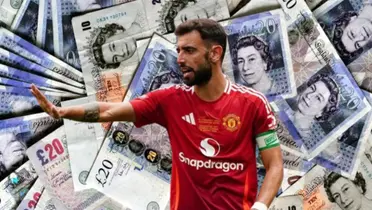
Fernandes' Fortune: Unveiling the Price Tag of United's Captain
29/03/2025
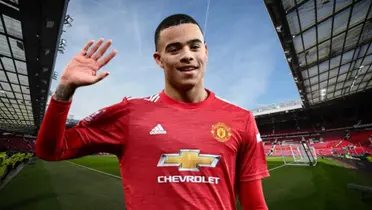
The Manchester United jewel that was rumoured for Barcelona ended up in an exotic league
29/03/2025
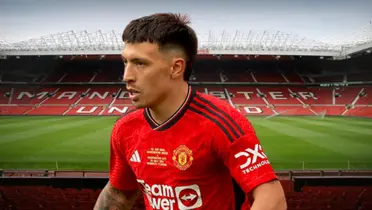
Father's Faith Pays Off: 100 Pound Bet on Son's United Debut
29/03/2025
